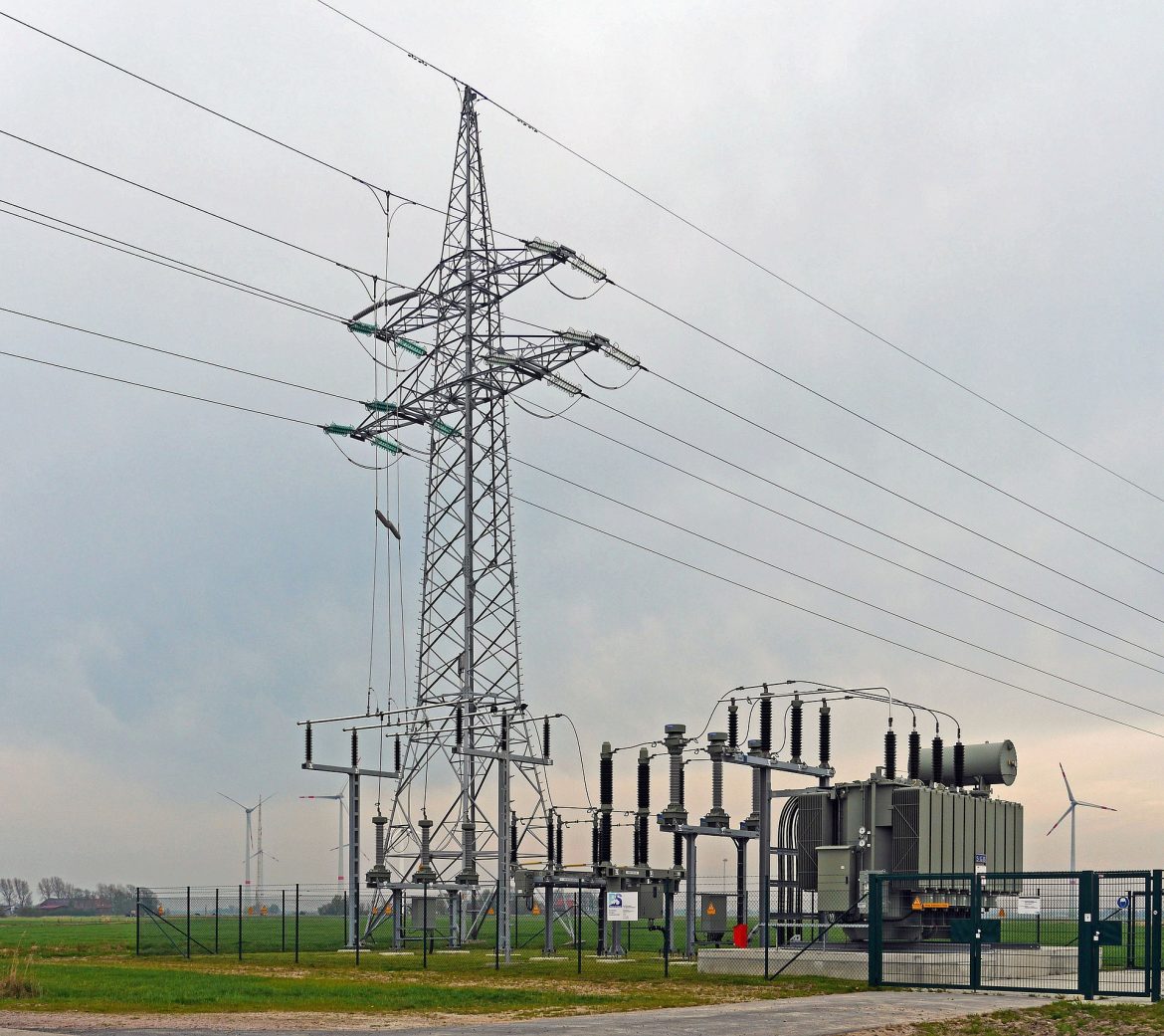The necessity for an electricity subsidy in Nigeria comes into sharp focus as the Association of Electricity Distributors of Nigeria (ANED) stresses its indispensability for affordable power.
ANED emphasizes that the subsidy’s continuation is crucial until the industry matures, enabling cost-reflective tariffs. This insight aligns with the Nigerian Electricity Regulatory Commission (NERC) confirming the Federal Government’s N135.23 billion subsidy allocation for Q2 2023.
David Adeyeye, ANED’s regulatory specialist, highlighted this standpoint in a recent live interview, explaining that current foreign exchange realities make actual electricity costs untenable for Nigerians.
“With the naira hitting around N1,150 per dollar, unfettered costs would render power unattainable, necessitating effective cushions for accessible electricity, essential for economic propulsion,” Adeyeye asserted.
He reinforced that global practices often involve power sector subsidies due to the industry’s capital-intensive nature. “Nigeria’s strategy is not an anomaly,” Adeyeye added.
The specialist elaborated that sustaining the industry compels ongoing government subsidies, an often-overlooked component since 2013. This financial aid bridged the gap between cost-reflective and permitted tariffs, supplemented by a N701 billion assurance guarantee to mitigate market deficits.
These shortfalls, Adeyeye revealed, result from non-cost-reflective tariffs established by NERC, forcing Gencos, Discos, and the Transmission Company of Nigeria (TCN) to operate at artificially low prices.
“Government intervention, funneled through NERC, ensures operational continuity for Gencos by addressing revenue discrepancies paid to NBET, reducing Discos’ debt burden, and enhancing sector efficiency,” he clarified.
This structured financial approach underscores the government’s commitment to not directly finance Discos but rather fortify the sector’s overall functionality.



